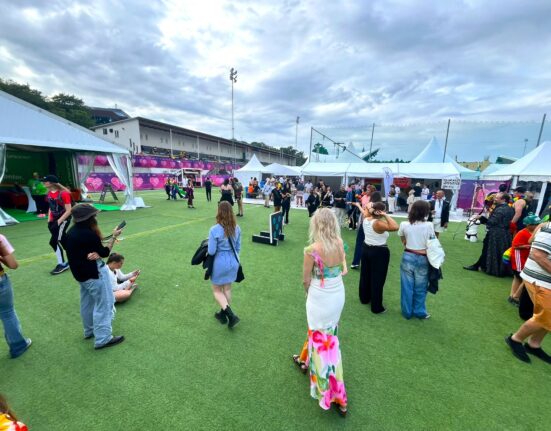Stockholm – and Sweden as a whole – has always had a positive attitude towards the need for inclusivity. Starting with accessibility for those living with disability, Stockholm has long been seen as one of the most disability-friendly cities, according to multinational insurers. What’s more, Stockholm’s rich history of multiculturalism means that every corner of the city has an influence from a different background, meaning that inclusivity is promoted on a day-to-day basis. A great foundation for inclusivity has been laid, but progress cannot stand still. Stockholm has shown it has remained ever progressive, however, whether that progress has come from private or public means.
Businesses making headway
Private business is typically the toughest area of any society to get moving on progressive matters. Whereas legislation is easily and quickly put into place as it concerns public buildings and schemes, the enforcement of regulations upon private businesses requires time, manpower, and investment. However, Stockholm private businesses are typically not so hard to encourage into action. Invest Stockholm released in 2020 their new inclusive startup initiative, a program designed to encourage businesses to act in a fairer way and become more inclusive. Crucially, the program has been launched with prior support from industry, indicating the place the concept of inclusivity holds in the hearts and minds of business leaders nationally. Businesses in Stockholm are continually asking themselves if they are doing enough to promote inclusivity, rather than waiting to be forced into action by statute, and are constantly seeking ways to understand disability and cultivate a more inclusive workplace.
An international appeal
This focus from private business on promoting inclusivity is having an international impact that is benefiting inclusivity globally and boosting the profile of Stockholm as a place of equality. Most recently, Vogue (UK) covered the release of Melyon, a Swedish brand of skincare products that is uni-sex and usable by everyone. A focus on using ingredients common to Ghana and Togo, countries where the brand creator Roger Dupé has familial links, helps to further promote that message. There is an argument that there are few places other than Stockholm where you might find such a passionately marketed and keenly unique product as this one.
A wider plan
The good work being done by private business, both in terms of how they conduct business and how they present Stockholm to the wider world, is being backed up with long-term planning from the city. According to The Local Creative Studio, urban planning and residential builds are being conducted in a way that will help the city to continually enhance its inclusivity. Sustainable redevelopment of areas like the former IBM campus in Kista are being conducted in a way that will provide affordable housing for less fortunate demographics within the city, rather than handing over potentially lucrative orders to luxury developers. Elsewhere, the suburb of Bredäng has shaken off an undeserved reputation as an undesirable area to become the pulsing heart of community art and collaboration – all with a diverse range of backgrounds and people.
Stockholm has been a standard bearer for inclusivity, but it hasn’t rested on its laurels. Through public and private action, it has continued to impress on a global stage, and continues to set trends on how to get things done in an ethical and inclusive way.
Photo: Norman Tsui / Unsplash












